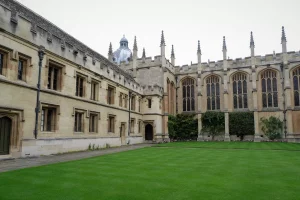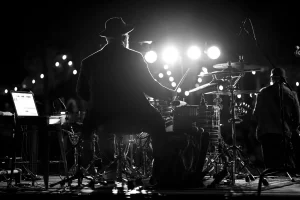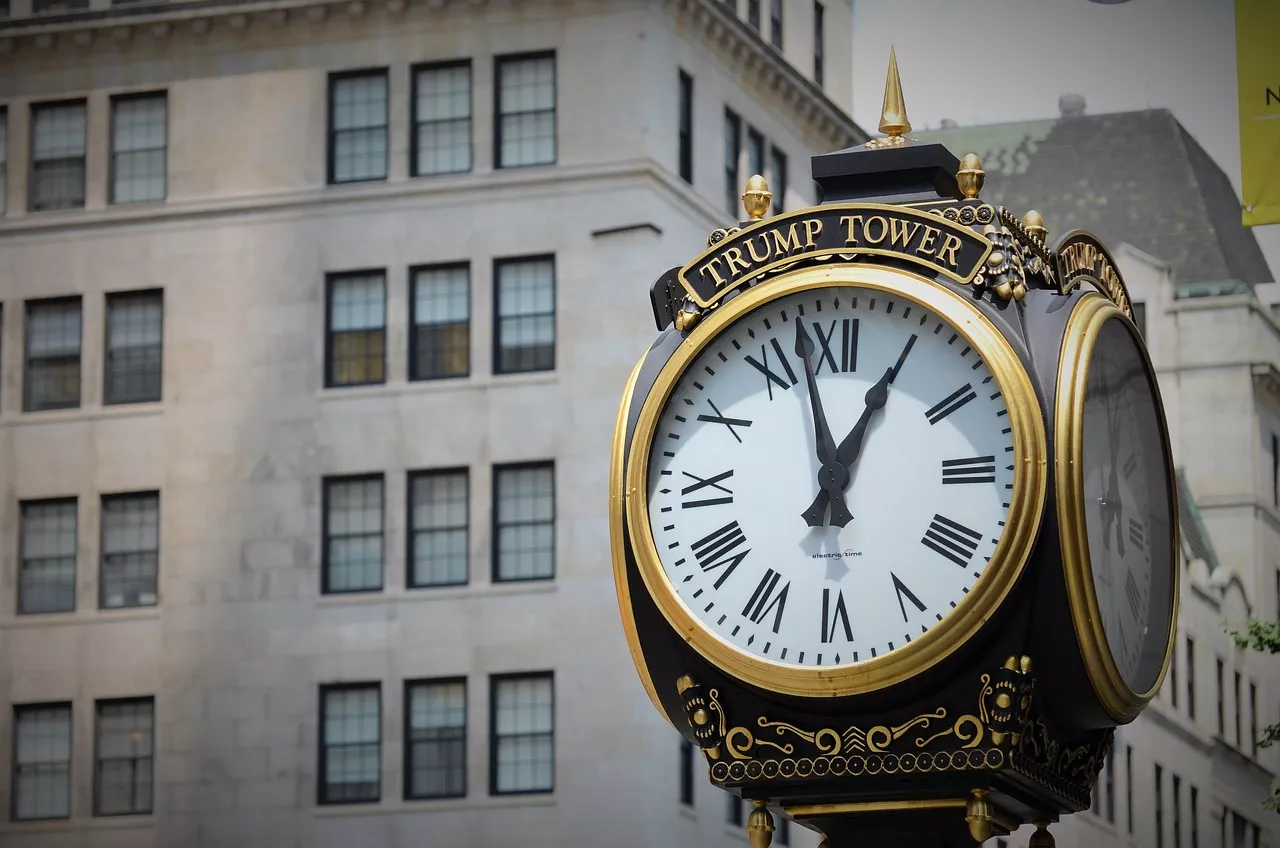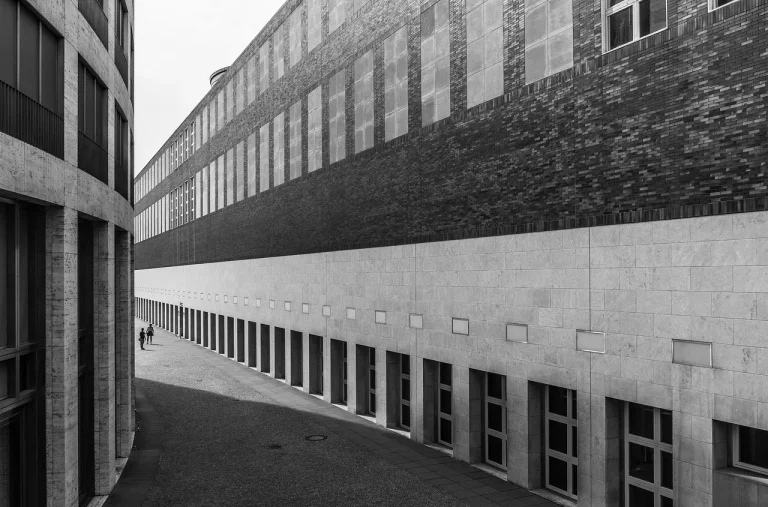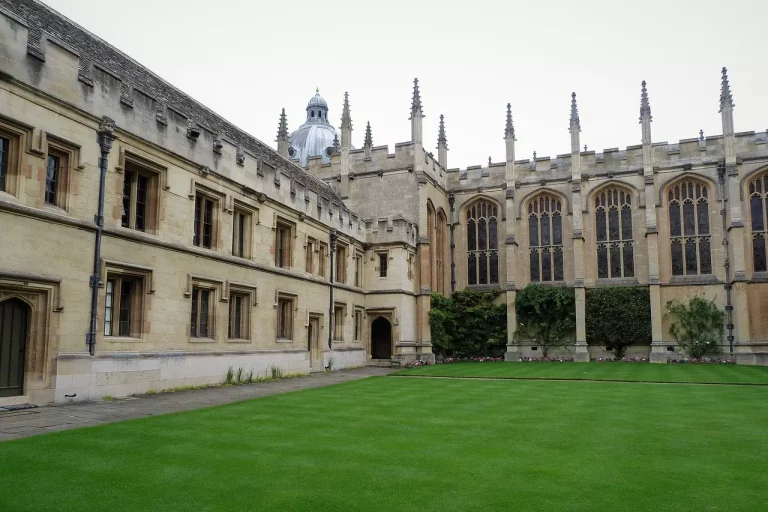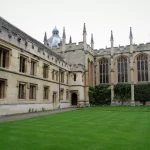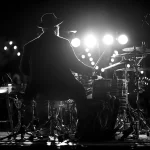U.S. Court Reverses Conviction of Douglass Mackey for Election Misinformation
A U.S. appeals court has overturned the conviction of Douglass Mackey, a social media influencer accused of spreading false information to influence the 2016 U.S. presidential election in favor of Donald Trump. The 2nd U.S. Circuit Court of Appeals in Manhattan ruled that there was insufficient evidence to prove that Mackey conspired to deprive people of their constitutional right to vote, leading to the reversal of his conviction and seven-month prison sentence.
Baca Juga: Goncalo Ramos Berikan Tribut Khusus untuk Diogo Jota Saat Bawa PSG Hajar Real Madrid
Mackey’s Misinformation Campaign During 2016 Election
Douglass Mackey, also known by the alias “Ricky Vaughn” from the “Major League” movies, was accused of posting misleading memes on Twitter. The memes falsely suggested that supporters of Hillary Clinton could vote by text message, a claim that was completely untrue. One meme showed a Black woman with a message in Spanish, while another featured a retweet depicting Clinton. These posts falsely encouraged voters to “vote from home” and misled Clinton’s supporters.
Appeals Court’s Ruling: Lack of Evidence for Conspiracy
In a unanimous decision, the 2nd Circuit appeals court ruled that the government failed to prove that Mackey knowingly participated in a conspiracy to suppress votes in the 2016 election. Chief Judge Debra Ann Livingston stated that simply posting the memes, even with the intent to help Trump by discouraging Clinton’s voters, was not enough to establish criminal conspiracy.
The government had based its case on discussions in private Twitter groups like “War Room,” claiming that Mackey was part of a coordinated effort to mislead voters. However, the appeals court found no evidence that Mackey had seen or participated in these discussions.
Court Finds No Proof of Voter Deception
The appeals court also pointed out that there was no evidence that Mackey’s tweets led any voters to act on the false information. The court emphasized that while Mackey’s actions might have been aimed at influencing the election, they did not meet the legal criteria for a criminal conspiracy.
The ruling clarified that the government had not provided sufficient proof to establish that Mackey knowingly agreed with others to intentionally suppress voters in violation of their rights.
Implications of the Ruling on Election Misinformation
This decision has important implications for cases involving misinformation on social media platforms, particularly in the context of elections. It highlights the challenge of proving conspiracy in cases related to digital influence campaigns and the spread of false information online. While the court found no evidence of criminal behavior in this case, the ruling underscores the need for clear and substantial proof to convict individuals in similar future cases.
Baca Juga: Langkah-Langkah Investigasi Digital Forensic yang Perlu Diketahui
Mackey’s Reaction and Legal Consequences
After the appeals court’s decision, Mackey did not immediately respond to requests for comment. Lawyers involved in his appeal have since joined the U.S. Department of Justice. While Mackey’s conviction has been overturned, the case still raises ongoing concerns about the role of social media in elections and the regulation of online content.
Penulis: Amelia Juniarti
